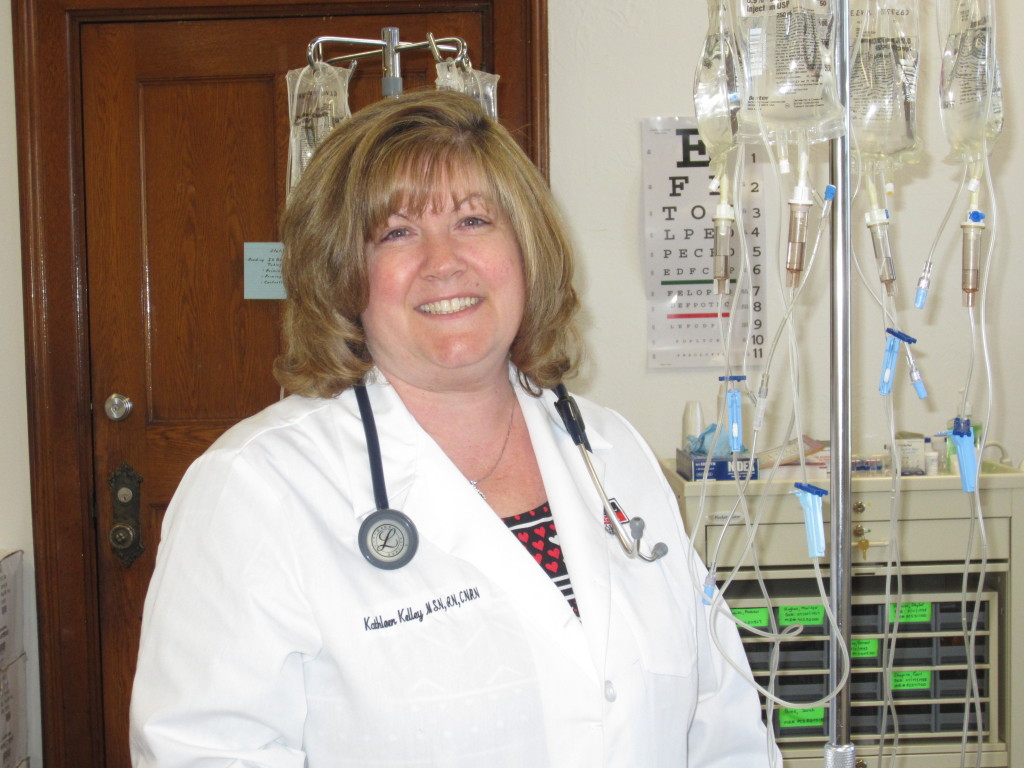Caldwell University
April 3, 2013
A Veteran’s Silent Suffering

Kelley teaches in the Department of Nursing at Caldwell University.
A recent report from the U.S. Department of Veterans Affairs revealed that an estimated 22 veterans die each day as a result of suicide. This alarming number reflects the need for nurses and health care professionals to understand a veteran’s silent suffering.
The dedication to healing injuries of our veterans is evident. We have all seen the pictures of a proud soldier, young and handsome, standing tall on his artificial limbs. A stoic Marine, his face burned and scarred, paying his respect to a fallen colleague. Treating physical injury can be rather straight forward. In medicine we have protocols and “best practices” that guide us through the management of even the most horrific injuries. We, as nurses, are taught to assess and prioritize our care to identify and intervene to stop what will cause our patient the most harm. Unfortunately, despite all of our strides in the treatment of injuries, the medical community has fallen short in recognizing an injury that is hidden, that has deeper scars than on the skin. This injury is to the souls and psyches of our veterans and it will take just as much dedication and attention to overcome.
Suicide amongst returning veterans is not new. The horrors of war and traumatic memories have plagued many of our service men and women for years after returning home. What has changed in the recent years is the rise in post-traumatic stress disorder (PTSD) combined with other injuries such as traumatic brain injury (TBI) that complicates the clinical picture, mental suffering and impairs coping mechanisms, contributing to depression, substance abuse and then, increased suicide rates. As health professionals, it is our duty to utilize evidence-based screening tools and employ best practices in each interaction with veterans to encourage early recognition and treatment for depression and suicidal tendencies. Recognition of the symptoms of PTSD starts the process of educating sufferers to understand the physical, mental and emotional effects of PTSD. We know that if a client understands the disease process, they can become an active member in their treatment. Studies by the Department of Defense have shown an increase in veteran’s self-referrals to mental health services after undergoing screening and discussion of PTSD symptoms with a clinician.
How can we help? Nurses and health professionals are answering the call of our veterans by educating ourselves and the public about this issue. Come learn more at a Veterans Day Symposium to be held at Caldwell University on April 5th, 2013 from 9am to 1pm in the Alumni Theatre. Sponsored by the Department of Nursing, these and other related issues will be presented and discussed. The symposium is free of charge, but the knowledge is priceless. Registration is required. Please contact DelcySzczepanski at (973)618-3155 or Dszcepanski@caldwell.edu to register.
To find out more about this issue, go to:
http://www.va.gov/





